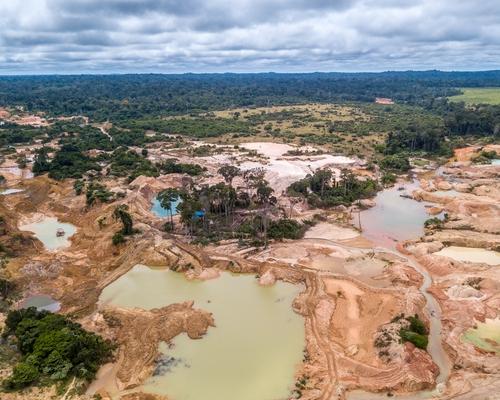Since his inauguration in January 2019, Brazilian President Jair Bolsonaro’s administration has dismantled many of the structures and mechanisms for environmental protection that had been constructed over the last several decades. These protections were built thanks to individual and collective efforts by civil society organizations, scientists, indigenous peoples, traditional communities, activist networks, politicians and key institutional actors in the aftermath of the military dictatorship. But through a series of announcements, executive orders and administrative decisions, Bolsonaro’s government has sought to facilitate the expansion of frontiers of both the agribusiness and the mineral sectors deep into fragile biomes like the Amazon forest, the Pantanal and the Cerrado (the Brazilian savanna). These efforts have grave potential impacts on national and regional sustainable development, and global climate change. Behind these actions are a strong and emboldened coalition of agribusinesses and the mining sector. While they gut environmental laws and agencies at home, they risk their standing in global markets, where environmental concern and advocacy has the potential to influence their behavior inside Brazil. This CSSN Position Paper provides some background, a brief history of recent measures under Bolsonaro, and looks ahead at some possible future directions.
News and Research
CSSN Research, CSSN Scholar Publications
CSSN Position Paper: Dismantling the Environmental State in Brazil



